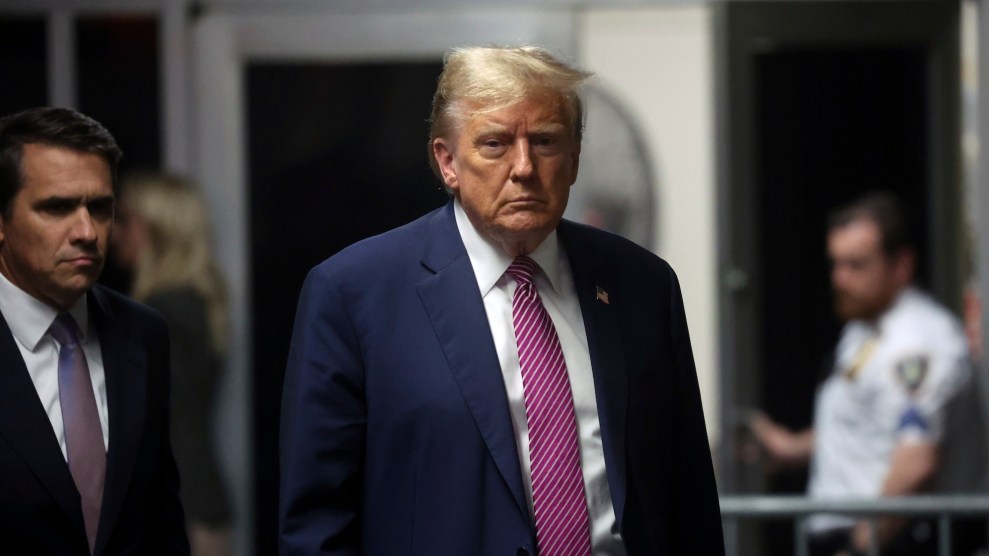Economist Kash Mansori has a great post about the costs that would come with switching to a single-payer system in the United States. In some respects, a single-payer system would be more expensive than what we have now: people would end up consuming more health care, especially the 45 million who are currently uninsured. But on the plus side, these extra expenses would be outweighed by the cost savings that would come from eliminating a lot of the $400 billion we spend on administrative overhead and allowing the government to bargain down the price of services. Is there any evidence for this? Sure, look at Taiwan:
As another useful data point we can examine the case of Taiwan, a country that replaced a collection of different insurance schemes with a National Health Insurance program in 1995. The percent of Taiwanese with health insurance rose from about 60% in 1994 to 96% a few years later. It turns out that in Taiwan’s case, the forces that would increase costs roughly balanced the forces that would decrease costs.
Moreover, providing preventive care to all people, especially those who are currently uninsured, would likely save money by preventing later, costlier hospital visits—it’s much cheaper, for instance, to treat diabetes early on than wait for a patient to get rushed to the ER. According to the Institute of Medicine, covering all Americans continuously would save the country anywhere from $65 billion to $130 billion in better health outcomes. Note that this is more than the estimated $80 to $100 billion it would cost to cover the uninsured. On the surface at least, universal coverage makes economic sense.
The catch that’s always mentioned, of course, is that some sort of single-payer system would force rationing of health care and stifle innovation. Innovation is a harder problem, but it’s worth noting that we already do ration care—by income, by location, by age. But the case for switching to a system that would cost roughly the same, if not less, as our present dysfunctional mess, and would lead to universal coverage, has a lot going for it.















